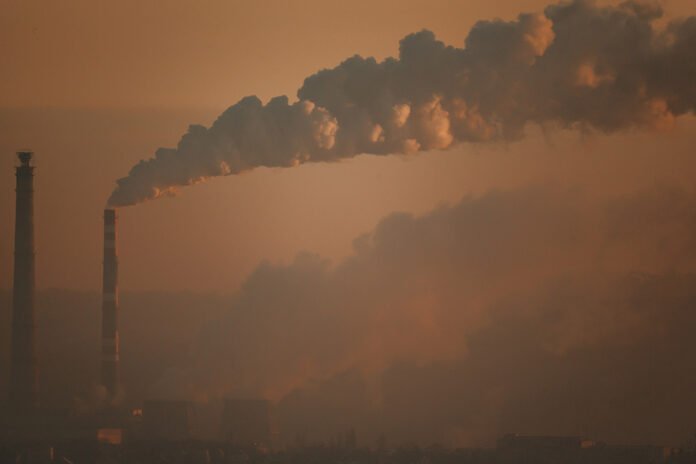Pakistan’s textile industry contributes around 9.5% to the country level and 0.095% to global GHG emissions.
The global GHG emissions data indicate that Pakistan contributes around 1% to these emissions. Energy and agriculture are the main sectors responsible for most of the emissions as 46% of emissions come from the energy sector and 41% from agriculture. The industry sector contributes 5% to the country’s GHG emissions while the textile industry contributes 9.5% for both gate-to-gate and cradle-to-gate categories, said the report.
Pakistan’s per capita GHG emissions with an overall impact of 1% have increased at an alarming rate. For instance, its emissions have increased by 87% from 1990 to 2012 while its textile export competitor Bangladesh’s emissions grew by 59% for the same time period and India’s emissions grew by 180% from 1990-2014. Although, Pakistan’s emissions are far lower than global and India’s emissions, the country still needs to make significant efforts in reducing its carbon footprint, especially in its agriculture and energy sectors.
Pakistan’s textile industry has also shown tremendous efforts in reducing its carbon footprint. Some of the leading textile mills such as Sarena Textiles and Crescent Bahuman Textiles have significantly reduced their emissions by using renewable energy sources and enhanced carbon sequestration via nature-based solutions such as plantations. Sarena Textiles has reduced 76% of coal usage and currently saves 29% energy from equipment and 33% water via innovative technologies. Crescent Bahuman Textiles also aims to reduce GHG emissions via green initiatives by enhancing carbon sequestration, reducing water consumption by around 50%, and increasing rainwater harvesting.
Although there is a lot of scope for Pakistan’s textile industry to enhance its monitoring as well as environmental compliance, its increasing contribution to mitigating climate change is a positive indication of the country’s efforts in decarbonizing its economy.



